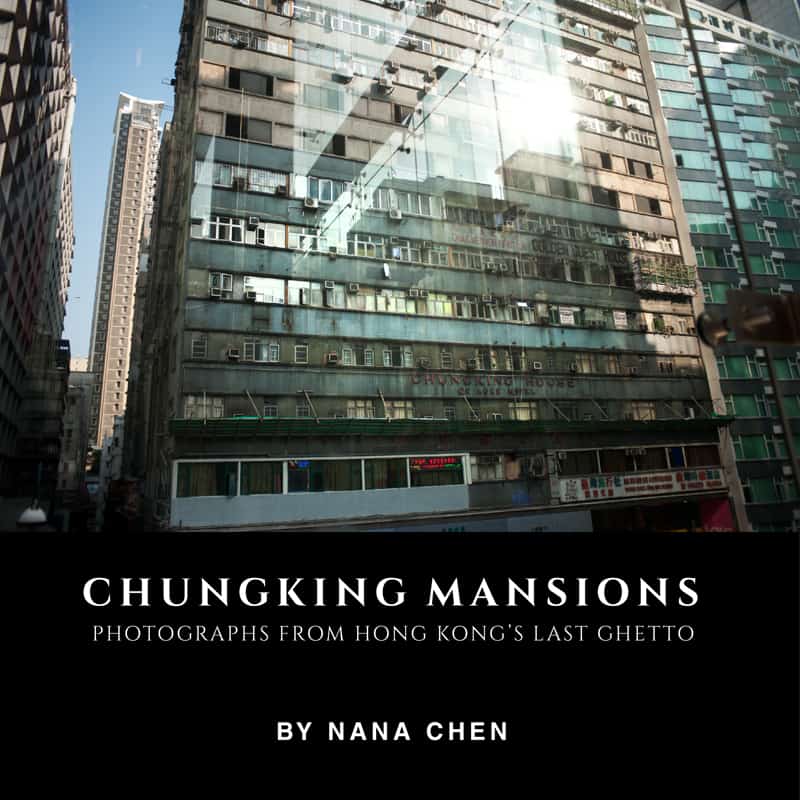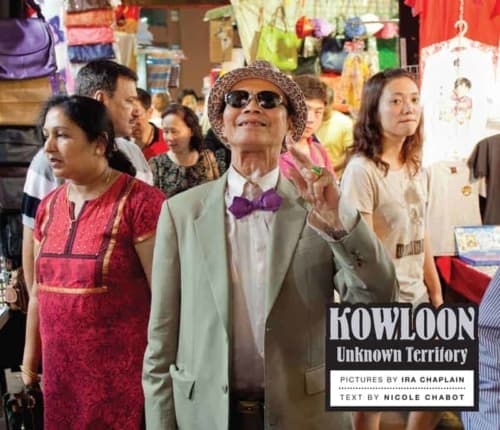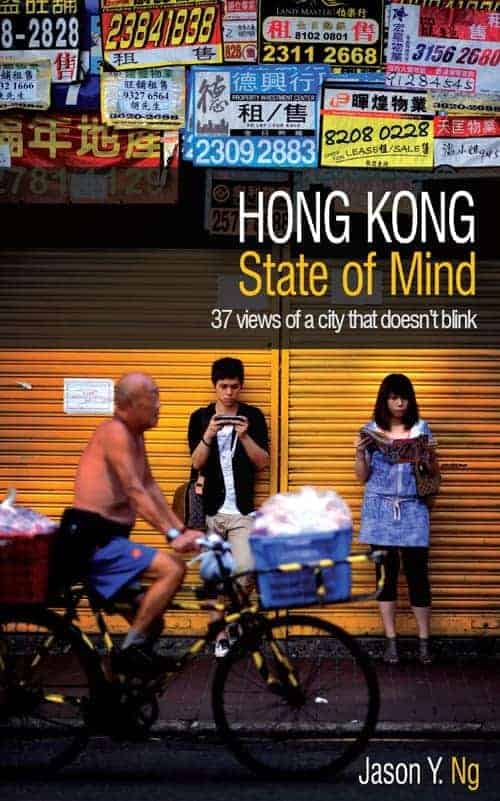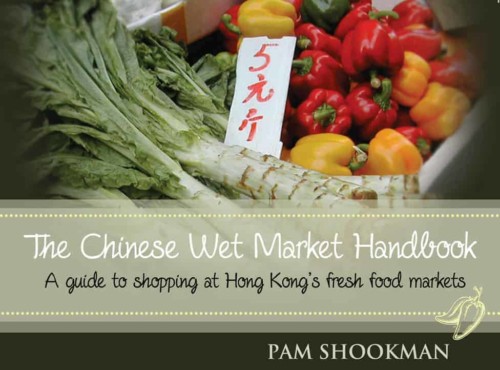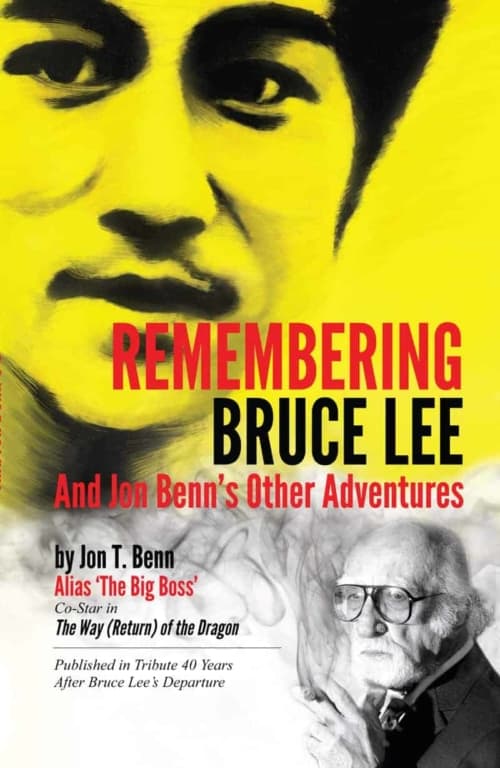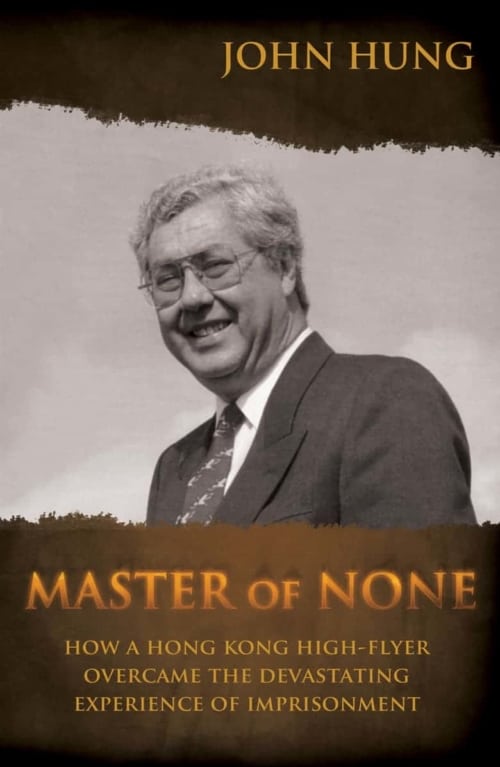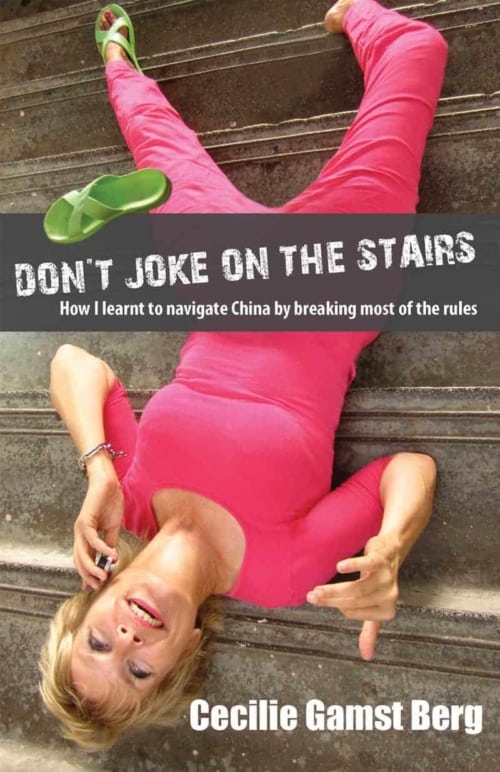Squatting amid the luxury hotels and malls of modern Kowloon, Chungking Mansions resembles the dirty vent of a giant subterranean machine. This Hong Kong landmark is a hotbed of criminality and home to pimps, hookers, thieves and drug pushers. The five 17-storey towers also offer the city’s last low-rent refuge for asylum seekers and immigrants coming to start a new life.
Nepalese guesthouse owners rent out rooms to Bangladeshi workers, and Pakistanis sell mobile phones to Nigerian traders who hire Indian cargo companies to ship them home. Food stalls fill the air with the savoury aromas of international cuisine, and more than 200 guesthouses, as well as two floors of shops selling black-market, counterfeit and bargain goods, establish this unique place as a global hub of trade and multiculturalism.
In 2009, shortly after a Canadian tourist disappeared from Chungking Mansions without a trace, photographer Nana Chen began wandering the corridors. Using her camera as a guide, she discovered the Chungking Mansions not visible to the naked eye: the beating pulse that gives this notorious destination its hypnotic appeal. With compassion and courage, Chen sought to craft a portrait of Hong Kong’s last ghetto and its inhabitants before its vibrant character is erased forever by the inevitable march of progress.
“I grew up in the vicinity of Chungking Mansions. Nana Chen’s intimate, visceral pictures of the Mansions are so unsentimentally authentic and beautiful that I am speechless and deeply moved.” – Chan Koonchung, author of The Fat Years
